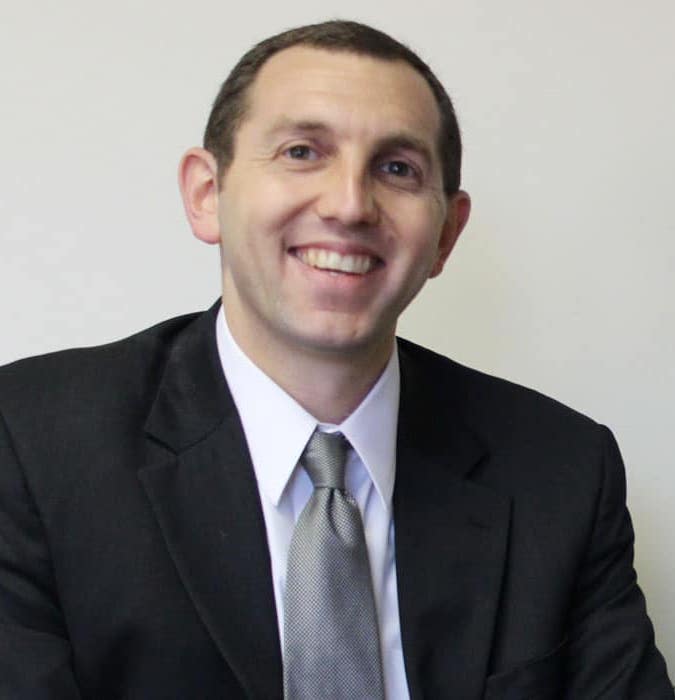How is a Florida Juvenile Criminal Case Different from an Adult Criminal Case?
Juvenile delinquency proceedings differ significantly from adult criminal court cases in many ways. But, there are also some important similarities. Understanding what’s different and what’s the same will help recognize both the opportunities the juvenile system offers and the pitfalls you may face if your child has been accused of an offense.
Key Differences Between a Juvenile Delinquency Proceeding and a Criminal Case
- Juveniles aren’t charged with crimes. When a juvenile is accused of an offense that would be charged as a crime if they were an adult, the process is different. Instead of being criminally charged, the juvenile is an “alleged delinquent.” While an adult criminal defendant who is found guilty is convicted of a crime, a juvenile is “adjudicated delinquent.” Note, though, that if a juvenile is charged as an adult, they will be tried and either acquitted or convicted just as an adult defendant would.
- In theory, the Florida juvenile system is less adversarial. The stated purpose of the Florida juvenile system is to “increase public safety by reducing juvenile delinquency through effective prevention, intervention and treatment services that strengthen families and turn around the lives of troubled youth.” In contrast, the goal of the criminal justice system is “providing public safety by deterring and preventing crime, punishing offenders, and reintroducing those who have served their time back into the community.” But if your child has been arrested, don’t let this distinction make you too comfortable. In Florida there are scenarios whereJuveniles can be tried as adults and even if a case remains in juvenile court, the outcome can still have very serious consequences. Thus it is in your best interest to consult with an experienced juvenile lawyer as early in the process as possible.
- Juveniles are far less likely to be detained pre-trial. Unlike many other states, Florida still maintains a cash bail system for adults arrested and charged with crimes. While juveniles may be detained before their hearings, their release is not contingent on producing money. As such juveniles are less likely to remain detained while awaiting a trial than adults. However, that doesn’t mean that juveniles can’t remain in custody for a significant period of time if facing serious charges.
- Juveniles are not entitled to a trial by jury. A Florida criminal defendant has a Constitutional right to a trial by a jury of their peers. However, the United States Supreme Court has decided that right does not extend to juveniles facing delinquency proceedings. Instead, a judge presides over such trials and makes a finding of both fact and law.
- Sentencing possibilities are different. Juveniles and adults can both be placed on probation, and each can be required to fulfill various conditions like completing community service, undergoing drug and alcohol counseling, or making restitution to victims. But, a juvenile may be subject to this type of supervision only up to their 19th birthday. That said, in the event that a Court wishes to impose an incarcerative sentence the maximum sentence allowable in juvenile court is much shorter than the maximum sentence possible in adult court. However, it is important to note that if a juvenile is charged as an adult then the juvenile could be subject to the same penaltis that an adult similarly charged could face.
- Juvenile court records are confidential. Adult criminal court proceedings are a matter of public record. Juvenile proceedings are not public, and the records are available only to select people and agencies with specific needs for access. However, juveniles and/or adults who were adjudicated delinquent as juveniles may be required to disclose that information in certain circumstances. Contrary to popular belief, juvenile records generally are not automatically expunged when the juvenile reaches adulthood.
How Juvenile Proceedings are Like Adult Criminal Proceedings
- Juveniles have most of the same Constitutional rights as adult defendants. Although juveniles aren’t entitled to a trial by jury, they do enjoy many other protections. These include the right to counsel, the right to remain silent/not give evidence against themselves, and the right to confront witnesses against them.
- The burden of proof is the same. Though a judge and not a jury makes the determination, the burden on the state is the same. That is, they must prove beyond a reasonable doubt that the juvenile committed the alleged offense. That’s a high bar and may provide an opening for your child’s juvenile criminal attorney to show cracks in the case and either avoid an adjudication of delinquency or leverage the weaknesses to make a beneficial deal with the prosecution.
- An adjudication of delinquency can have indirect consequences, much like a criminal conviction. Being adjudicated delinquent can result in expulsion from school, disqualification from scholarships, housing restrictions and other consequences not directly imposed by the court.
Juveniles May Sometimes be Tried as Adults
Under certain circumstances, a juvenile may be transferred to adult court for trial. When a juvenile is tried in the adult criminal courts, the differences described above do not apply. A juvenile tried as an adult is subjected to the same processes as an adult criminal defendant and has the same rights.
That means the juvenile has the right to a trial by jury, but it also means they can be sentenced just as an adult defendant would–and that they will serve their time in an adult prison.
If your child has been accused of an offense that would be a serious crime if charged in adult court, it’s especially important to consult an experienced juvenile criminal attorney as soon as possible. It’s best to work with a criminal law lawyer who has extensive experience with both the juvenile system and the adult criminal courts, so the attorney is prepared to fight transfer to adult court and represent your child in juvenile proceedings, or to defend your child in criminal court if necessary.
Talk to a Florida Juvenile Criminal Lawyer Today
Many people mistakenly assume that juvenile charges won’t have serious consequences. That sometimes leads to a wait-and-see approach to juvenile proceedings. But, it’s easy to make mistakes that can come back to haunt your child. And, some of the best opportunities to protect your child and divert the proceedings into a community solution that will keep your child’s record clear arise very early in the process.
Don’t take chances with your child’s future. Call Florida juvenile defense attorney Matthew Lufrano right now to learn more about how Lufrano Legal, P.A. can help your family. Dial 904-513-3905 or fill out our contact form.

Since graduating from law school and passing the Bar Exam in 2009, Matthew Lufrano has practiced exclusively as a criminal defense attorney and his sole focus has been defending the rights of the accused. As a defense attorney, Mr. Lufrano has tried 75 jury trials to verdict and in 2017 the Florida Bar recognized Mr. Lufrano as a Board Certified Expert in Criminal Trial Law. Today Mr. Lufrano not only owns and operates Lufrano Legal, P.A., but he also serves as the President for Jacksonville’s local chapter of the Florida Association of Criminal Defense Lawyers.
